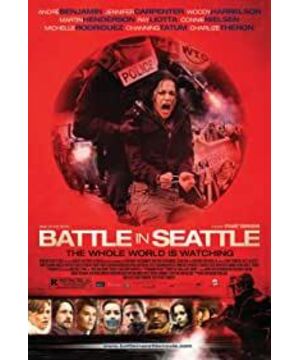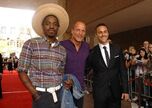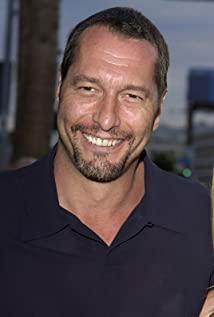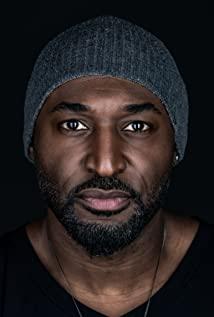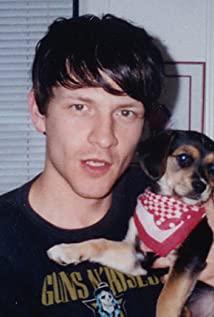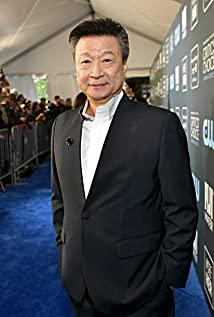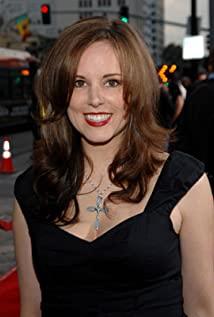The time when we were born and grew up happened to be the time when parades were forbidden, so this kind of youth thrown on the streets seemed out of reach as myths, and as mysterious and taboo as ghosts and gods.
A young black man who seems to be in high spirits throughout the play has an inconspicuous line: "Before this, who knew about the WTO? - although they still don't know it now." In fact, this sentence hit the streets of democracy. Hidden and deadly weakness—whether violent or non-violent, officially affirmed or suppressed, street demonstrations are not actually as decisive as the initiators hoped. The assemblers held up signs against the WTO and shouted the slogan of "equality and anti-exploitation", but in fact almost no one understood why they were opposed to the WTO, and not many people understood how opposing the WTO would make the world more equal. The vast majority of people mixed in the parade are "blindmen" who have little understanding of the situation. They have discovered an unprovoked sense of collectiveness and strength from the collective slogans that surround them, so they put their irrelevant desires. , Enthusiasm and anger shouting slogans and stepping into the pace.
It was never these demonstrators who really changed the world. As they complained, the world is being dictated and played by capitalists, interest groups and political forces, and the powerful groups form various clubs to discuss decisions affecting the world with each other. The shouting from the street may be introduced into the conference room, but it cannot change the seats in the conference room, but it cannot change the agenda in the meeting log, and it cannot change the speech at the press conference after the meeting. As a result, the mad cry not only turned into a futile exercise of democratic rights, but also tragically hated democrats as a handle against human rights and freedoms.
Those slogans that sounded earth-shattering were nothing more than the most helpless groans. A truly powerful weapon for safeguarding the rights of the oppressed is a righteous speech at a meeting that the slogan opposes, a noble mediation by the social elites cursed in the slogan, and the "justice" worshipped in the slogan. "Fairness" is a silent game rule changed in this cruel world.
View more about Battle in Seattle reviews


